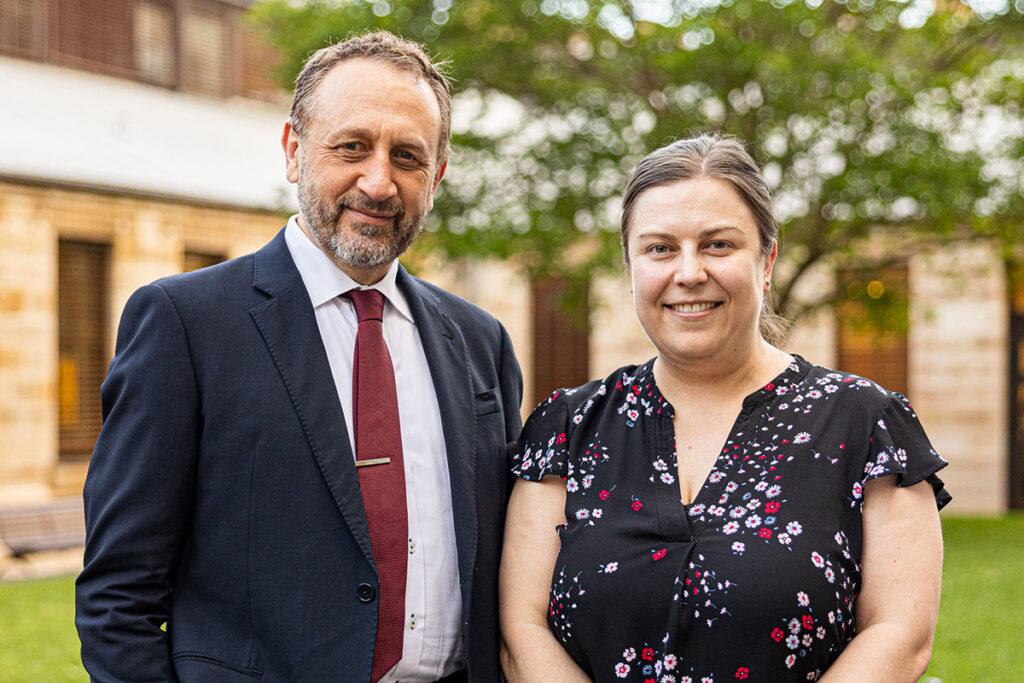Share
Grant recipients, Professor Bryce Vissel and Dr Sandy Stayte are leading a groundbreaking study that could potentially reshape the landscape of Parkinson’s disease (PD) treatment. Their research explores the repurposing of existing CB2 agonists, to offer a fresh perspective on combating PD and its associated dyskinesias.
The cannabinoid receptor 2 (CB2) has emerged as a promising target for PD therapy. Animal studies with “research only” CB2 drugs have shown encouraging results, protecting against degeneration and mitigating the debilitating dyskinesias often associated with the primary PD treatment. What makes this avenue even more exciting is the fact that these CB2 drugs have already demonstrated safety and tolerance in human clinical trials for non-PD conditions, presenting a potential opportunity for repurposing them for PD treatment.
At the core of this research is the hypothesis that a highly selective CB2-specific agonist currently undergoing clinical trials for non-PD conditions, could be a game-changer in blocking PD pathology and alleviating dyskinesias. The team speculates that the effectiveness of this therapeutic drug may be linked to its anti-inflammatory properties, opening up a novel approach to tackling the complexities of PD.
Building on prior successes, the research team has therefore identified this therapeutic as a clinically safe drug with potential efficacy against PD. If the studies pan out as they hope, and this depends on funding, they will plan to patent a new method of usage for this drug and work towards licensing it for clinical development in PD treatment. Given the drug’s demonstrated safety and tolerability in humans, this could expedite the translation of their findings into tangible clinical impact for PD patients. The team also have a range of other exciting projects in train that offer great hope for Parkinson’s patients and for dementia sufferers.
Support from St Vincent’s Clinic Research Foundation has played a pivotal role in advancing this groundbreaking research. Similar to their recent pioneering advances in the field of Alzheimer’s disease, the outcomes of this study hold the promise of introducing a new and effective treatment approach for Parkinson’s disease, offering hope to countless individuals and families grappling with the challenges of this condition.
To help fund research taking place on the St Vincent’s Darlinghurst Health Innovation Precinct, please click here to donate now.

St Vincent’s Clinic Research Foundation acknowledges the Gadigal and Bidjigal peoples of the Eora Nation as the Traditional Custodians of the land on which we stand, and we pay our respects to Elders past, present, and emerging.